Walking the distance in Myanmar
The smell of rubber and other chemicals welcomes visitors when entering the small workshop of the Hpa-an Orthopaedic Rehabilitation Centre (HORC). Zaw Zaw Aung is weighing chemicals on a balance. He …
The smell of rubber and other chemicals welcomes visitors when entering the small workshop of the Hpa-an Orthopaedic Rehabilitation Centre (HORC). Zaw Zaw Aung is weighing chemicals on a balance. He …
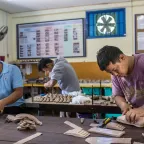
By Mike Mina & Ene Abah We take a lot of things for granted. Sometimes, it's the people we love. But that is not the case for the people who were separated from their families when they left Burundi …
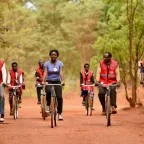
In August, torrential rains and the offshore approach of cyclone Komen caused devastating floods and landslides in Myanmar. The disaster displaced almost 1.7 million people and took the lives of 132, …
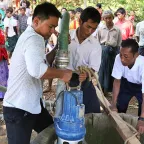
Rows of school desks. Backpacks crammed with textbooks, sweets and toys. Noisy corridors ringing with children’s laughter. Chatting between friends about favourite lessons. Morning greetings from …
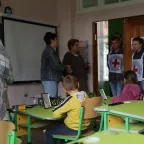
On the day Kaory returned to her home country of Honduras, her body was received by her father and siblings. It had been 13 days since her death in Mexico, and 10 years since she fled her homeland to …
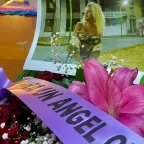
… their health. Young people prefer to find odd jobs in cities, where they live in cramped, …
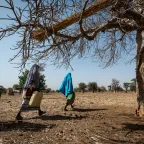
The ICRC's role in prisons is to monitor conditions of detention and the treatment of detainees, and to ensure respect for a prisoner's right to a fair trial, fair treatment and judicial guarantees …
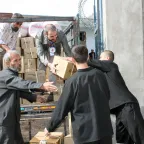
Zerihun Legesse is a Water and Habitat Project Manager at the Delegation of the International Committee of the Red Cross (ICRC) in Ethiopia. He is currently managing an urban water supply project in …
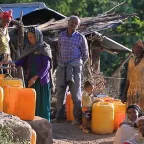
… that although most of the women do numerous jobs to try to make ends meet, making and …
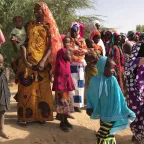
… and displaced communities, competition over jobs and economic development are by no means … home. But for this, they need three things: jobs for the adults, schools for the children, …
Try one of the following resources:
Created in 1863, the ICRC library, alongside the ICRC archives, provides an indispensable documentary reference on the organization itself and international humanitarian law.
International humanitarian law is based on a number of treaties, in particular the Geneva Conventions of 1949 and their Additional Protocols, and a series of other instruments.
Customary international humanitarian law consists of rules that come from "a general practice accepted as law" and that exist independent of treaty law.